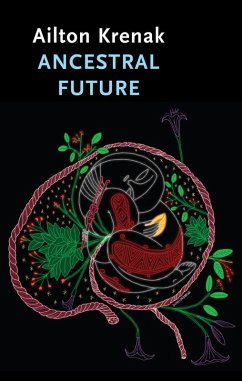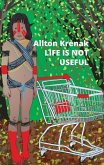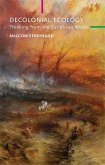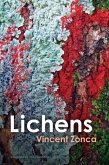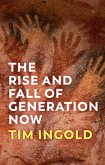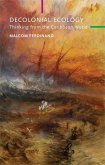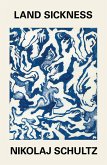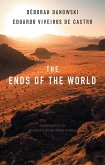Introduction by Jamille Pinheiro Dias and Alex Brostoff In response to the damage caused by centuries of colonial ravaging and the current ecological, political and social crises, the leading Indigenous thinker and activist Ailton Krenak warns against the power of corporate capitalism and its destructive impact. Capitalism encroaches on every corner of the planet and orients us toward a future of promised progress, achievement and growth, but this future doesn't exist - we just imagine it. This orientation to the future also blinds us to what exists around us, to the plants and animals with which we share the Earth and to the rivers that flow through our lands. Rivers are not just resources to be exploited by us or channels to carry away our waste, they are beings that connect us with our past. If there is a future to imagine, it is ancestral, since it is already present in the here and now and in that which exists around us, in the rivers and mountains and trees that are our kin. In a spoken language that has the mark of ancestral oral wisdom, Krenak offers a new perspective that challenges and disrupts some of the assumptions that underpin Western attitudes and mentalities. His work will be of great interest to anyone concerned about the climate crisis and the worsening plight of our planet.
Dieser Download kann aus rechtlichen Gründen nur mit Rechnungsadresse in D ausgeliefert werden.
"Ailton Krenak is one of the most original and important Brazilian contemporary thinkers in the fields of environmental crises, and Indigenous knowledge and activism. Throughout his life, he has advocated for a real and effective respect toward Indigenous people, their lives and territories, and against racist, genocidal, and ecocidal politics in general. In his highly distinctive work, Krenak's objective is to change the views of readers and encourage them to understand the union between Indigenous thoughts, science, and a poetical view of life and the Earth."
Marília Librandi, University of São Paulo and Princeton University
"Ailton Krenak has an extraordinary capacity to think outside the box. In Ancestral Future, he uses this capacity to guide us through a critique of most things we in the West take for granted: cities, schools, sanitation, equality, even our idea of future. It is really more a talk than a book: with the fluidity of oral speech, he moves from one nook of our existence to the other, unsettling them, removing the props and stakes that hold them together, and inviting us to a stimulating conversation that makes us see things from the point of view of florestania."
Lúcia Sá, University of Manchester
"As an indigenous leader in Brazil, Ailton...has a deeply sceptical view of capitalist progress and how it devalues the natural world and the 'constellations' of creatures that share it. Too often economic and urban planning work against the landscape, dominating it and subjugating it. Ailton consistently calls readers back to the relationships between things, the importance of land and nature, and the impossibility of setting humanity above it."
Earthbound Report
Marília Librandi, University of São Paulo and Princeton University
"Ailton Krenak has an extraordinary capacity to think outside the box. In Ancestral Future, he uses this capacity to guide us through a critique of most things we in the West take for granted: cities, schools, sanitation, equality, even our idea of future. It is really more a talk than a book: with the fluidity of oral speech, he moves from one nook of our existence to the other, unsettling them, removing the props and stakes that hold them together, and inviting us to a stimulating conversation that makes us see things from the point of view of florestania."
Lúcia Sá, University of Manchester
"As an indigenous leader in Brazil, Ailton...has a deeply sceptical view of capitalist progress and how it devalues the natural world and the 'constellations' of creatures that share it. Too often economic and urban planning work against the landscape, dominating it and subjugating it. Ailton consistently calls readers back to the relationships between things, the importance of land and nature, and the impossibility of setting humanity above it."
Earthbound Report

